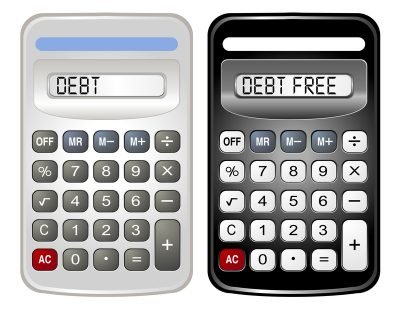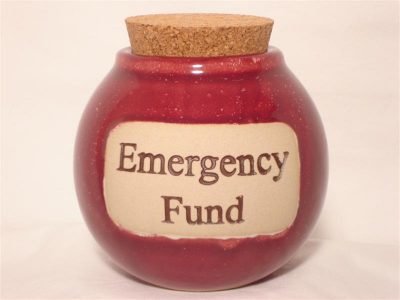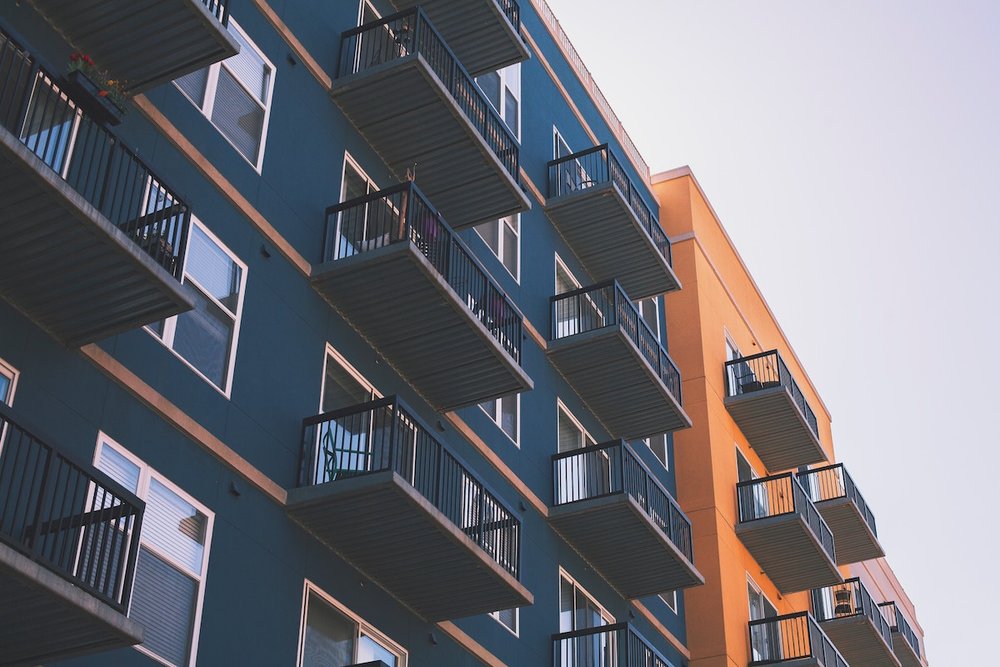It’s not a really good feeling when you owe money to a bank or a credit card company. You constantly feel as if you have a weight on your shoulders, which you’ll never get rid of until you pay back everything you own and gain financial stability. However, there are certain situations when having debt can actually be useful, especially in the long-term.
Here are times when not having any debt is a bad financial move.
 Interest rates could be lower than market returns
Interest rates could be lower than market returns
When the stock market is booming, and interest rates are low, by being debt free you could actually be missing out on investment gains. For example, if you had a fixed-rate mortgage with a 3.5% interest rate and had the cash to pay it off, you could avoid paying additional interest.
 Healthy economies are reliant on debt
Healthy economies are reliant on debt
 We all live in a consumer-driven economy, and one of the key ways through which the economy grows is when consumers spend their money. If we lived in an ideal world, everyone could be earning more money every year and spending it. But sadly, that’s not how the things work. Instead, people often charge their purchases on their credit cards and that credit card debt is what fuels that growth. Too much personal debt can and will ruin a country’s economy. Some nations have high savings rates, which can slow the economy down. In fact, countries such as China and Germany encourage their citizens to spend more so they could boost the economy.
We all live in a consumer-driven economy, and one of the key ways through which the economy grows is when consumers spend their money. If we lived in an ideal world, everyone could be earning more money every year and spending it. But sadly, that’s not how the things work. Instead, people often charge their purchases on their credit cards and that credit card debt is what fuels that growth. Too much personal debt can and will ruin a country’s economy. Some nations have high savings rates, which can slow the economy down. In fact, countries such as China and Germany encourage their citizens to spend more so they could boost the economy.
 You might be missing out on opportunities
You might be missing out on opportunities
It would be great if you had enough money to achieve all of your goals without taking on any debt. However, more often than not we don’t have a choice when it comes to some things. If you’re not exactly rich, you might miss out on some of the life’s greatest opportunities. For example, if you don’t have enough money to go to college, it’s better to take out student loans than not to go at all. Also, most small businesses exist because their owners have taken out debts. Therefore, if you’re against taking out debts and loans, you might be missing out on a lot.
 Renting apartments
Renting apartments
Most people who rent apartments and other living spaces do that in the first place because they can’t afford to buy their own and don’t want to take out a mortgage. However, buying a home is actually a great long-term investment, even with a 20-year mortgage. As long as you can handle your payments, it’s much better than renting, where you also have to pay someone to live there on a monthly basis. But when you own your own home, it’s something that’s going to stay yours and that you can pass on to your children long after the mortgage is paid off.
 You can’t build credit
You can’t build credit
Did you know that you can’t be approved for loans or credit cards until you’ve already proven that you can pay off loans and credit card bills? This may be a strange paradox, but it’s still used, and that means that people who have never had any debt could also have low credit scores just because they lack a credit history. And that means that when you finally decide that you need a loan, you’ll end up with a high-interest rate if you’re approved for one in the first place.
 You need your emergency funds
You need your emergency funds
 Let’s say that you owe 15.000$ to the bank and have 16.000$ in your account. It may be tempting to pay it all off and feel finally free. However, if you actually did that, you would only be left with 1.000$, and that’s definitely not enough to live off. In the case of an emergency, where you needed money right away, you wouldn’t have any. Therefore, it is better to have some debt and pay it over time than to have almost no money when you most need it.
Let’s say that you owe 15.000$ to the bank and have 16.000$ in your account. It may be tempting to pay it all off and feel finally free. However, if you actually did that, you would only be left with 1.000$, and that’s definitely not enough to live off. In the case of an emergency, where you needed money right away, you wouldn’t have any. Therefore, it is better to have some debt and pay it over time than to have almost no money when you most need it.
 You’re young and broke, and missing all the fun
You’re young and broke, and missing all the fun
You could argue that when you’re too focused on not having any debt, but you’re missing out on all the fun experience. This is particularly true when you’re young, and all of your friends are having adventures, going on trips, and you’re not with them because you can’t afford it. Therefore, taking on a small amount of debt can be good at a young age as long as you’re sure you can handle the responsibilities that come with it.










